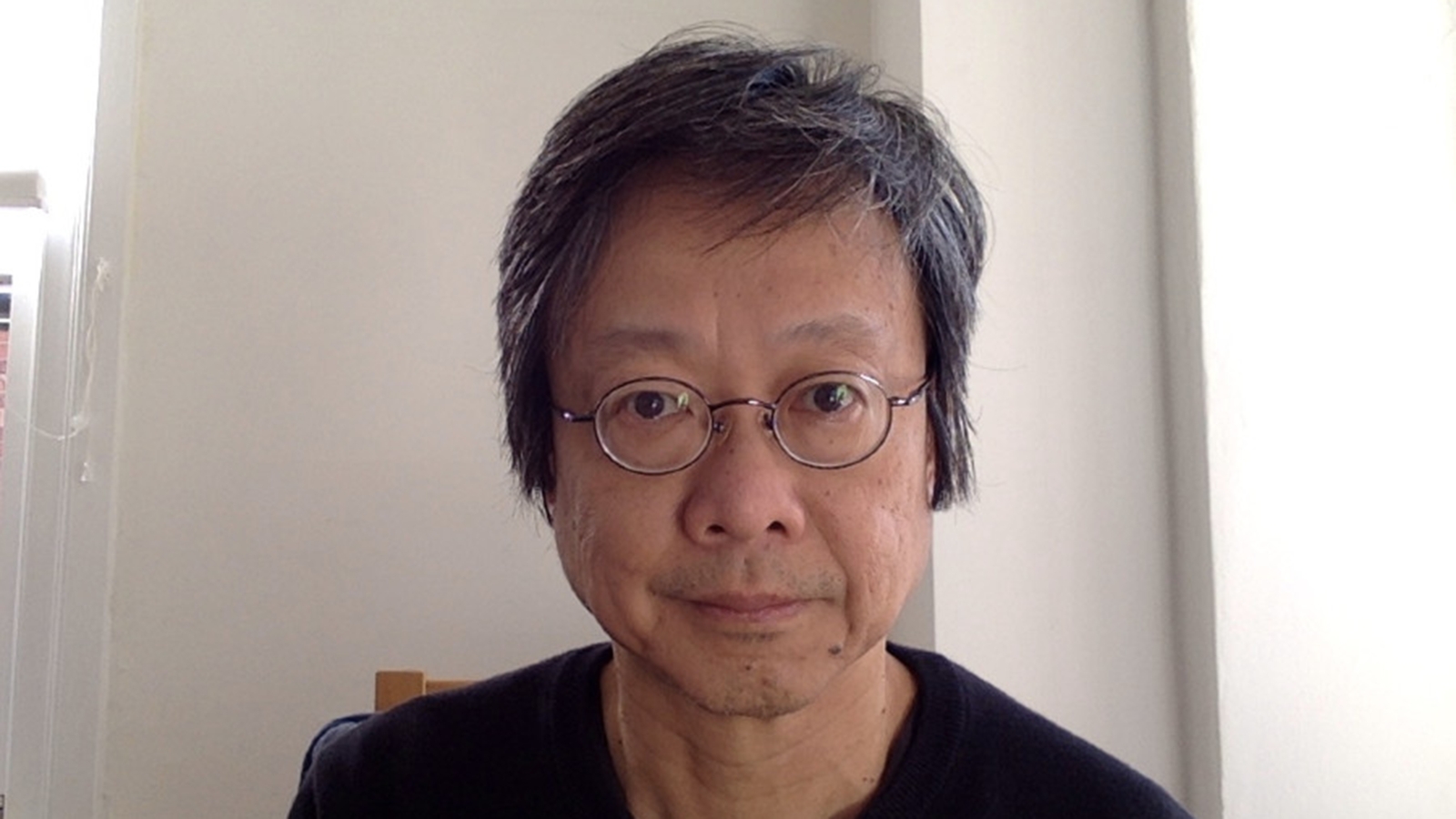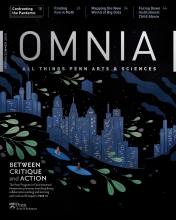COVID-19: Impacts on the Individual
Kok-Chor Tan, Professor of Philosophy, says the ways in which people are affected by the pandemic are a result of a complex tapestry of economic, social, and cultural factors.

As the far-reaching effects of the COVID-19 pandemic continue to impact communities around the world, we spoke with Kok-Chor Tan, Professor of Philosophy, to learn more about how external factors—such as socioeconomic status, health care, and social biases—can exacerbate or mitigate suffering.
Q: How will economic disparity impact the outcomes of citizens in different countries?
The consequences of extreme global economic inequality are aggravated during a global crisis like the one we are presently facing. Countries with Low Human Development (scored using indicators including life expectancy, per capita income, and education) are less able to respond to COVID-19 due to the lack of essential health resources such as hospitals, medical equipment and medication, and doctors and nurses. Weak infrastructure in transportation and communications, for example, will hamper efforts to provide care and information. Poor countries also suffer disproportionately from preexisting health deficits. We should not think that what happens in other countries is not our concern. Our basic duties of humanity and justice aside, this is a pandemic that by definition knows no borders. If it cannot be contained anywhere in the world, it remains a serious threat to all of us.
Q: On a more local level, how does socioeconomic status alter a given household’s well-being during a pandemic?
Socioeconomic inequality within a country raises additional issues of justice. While this is a pandemic that touches all of us, its effects on people’s lives are uneven even within a wealthy country. Some people are able to ride it out better than their neighbors. The lack of universal health care here in the U.S., and our broken health system more generally, is compromising our ability as a society to respond effectively. But it will be the poor and the uninsured who will bear the brunt of this collective failure.
This is especially problematic when there is stiff competition for extremely scarce resources, like hospital beds, ventilators, and healthcare providers. Poor families will also suffer more under an economic lockdown because low-paying jobs tend to be the most vulnerable. Educational inequality is also accentuated. Schools are closed in much of the country, but not all families are able to exploit remote or virtual learning. And parents who depend on free school meals for their children now face additional burdens. Everyone is affected by the pandemic, but some will be more severely affected. COVID-19 has made very visible, and is in danger of widening, the deep cracks in our system.
Q: How do governmental safety nets fare at times like these?
Governmental safety nets, like unemployment benefits, are important. But we must make sure that the assistance goes to the right place and the right people. We are often told that some corporations are too big to fail. But we must not forget the ordinary individuals, the small business owners who are providing essential services at this moment. We should also not forget undocumented workers who mostly occupy low-paying jobs with no security. How hard will it be for them to receive government assistance? The $2.2 trillion relief package passed by Congress is a step in the right direction. But we must not forget the baseline here. The relief package in fact exposes deeper, preexisting deficiencies in our institutions, such as inadequate protection for workers and the lack of universal health care.
Q: What role do the media and social media play when it comes to ethics?
Mainstream media has the responsibility to provide truthful, unbiased and fact-based reporting, and not, say, advertise fake cures or perpetuate stereotypes in its coverage of the pandemic. Early news reports on the coronavirus as a looming danger for America (and now of course actual) were commonly accompanied by photos of Asian-Americans, set in American Chinatowns for full effect. These images create a strong association in the mind of the public between the virus and people of Asian descent. Journalists and reporters have this important and challenging balancing act to perform: convey the seriousness of the situation without inducing panic and irrational fears.



